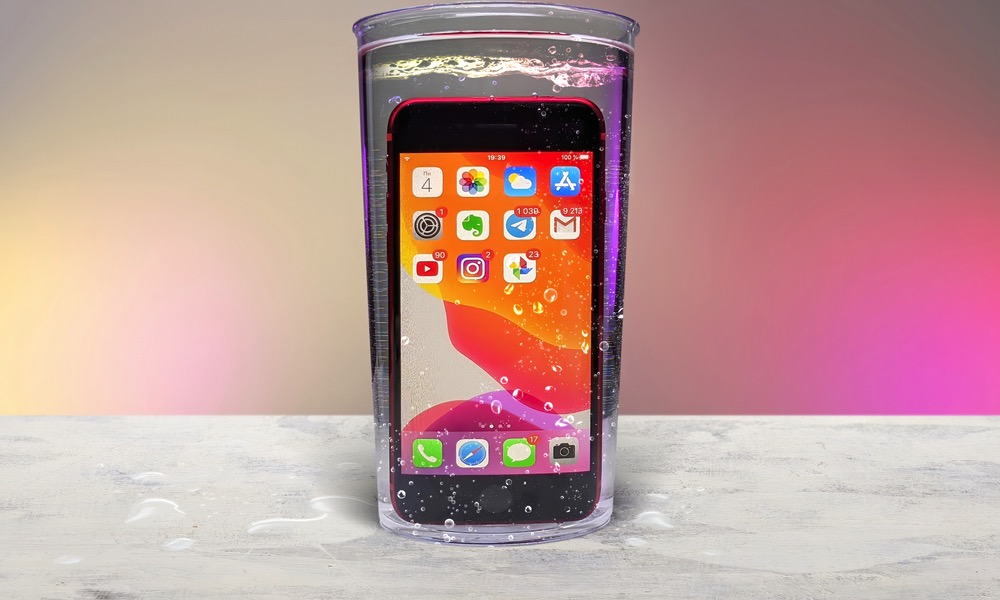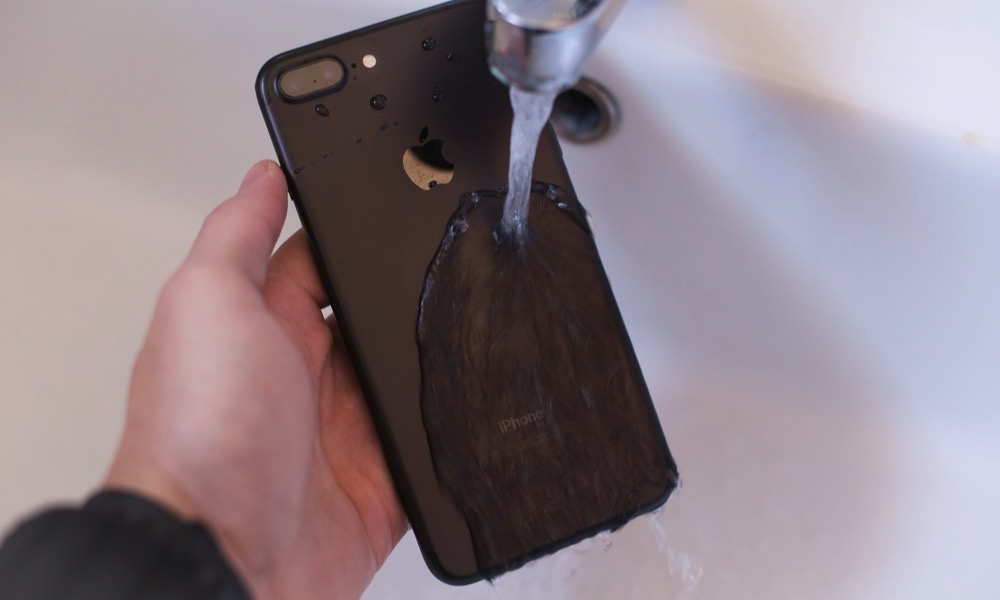Class Action Lawsuit over iPhone Water Resistance and Apple Marketing Claims Dismissed
 Credit: Mr. Mikla / Shutterstock
Credit: Mr. Mikla / Shutterstock
Toggle Dark Mode
Although Apple has found itself in hotter water with some foreign government regulators when it comes to the iPhone’s water resistance, a U.S. judge has just ruled that there’s nothing wrong with its marketing claims, at least not in the United States.
A proposed class action lawsuit filed in New York State last year had accused Apple of misleading customers about the ability of recent iPhone models to resist water damage.
The suit claimed that Apple overstated the capabilities of the iPhone hardware, nothing that there were too many “fine print disclaimers.”
The suit also alleged that Apple could deny warranty coverage to those whose devices were simply “splashed or temporarily immersed” in water that contained chlorine or salt since it only promised water resistance based on lab conditions that use pure water.
The plaintiff, Antoinette Smith, filed the suit after being denied repairs for her iPhone 8, which she claimed had been in contact with water “consistent with the IP rating of her device and consistent with how the water-resistant attributes were presented in the marketing and advertising of the device.”
In the suit, outlined by AppleInsider, Smith also emphasized that she incurred “financial loss through repair costs, decreased functionality, a lower re-sale value, and/or purchase of a new device.” Smith also added that she wouldn’t have purchased the iPhone if it weren’t for Apple’s “misrepresentations and omissions.”
The named plaintiffs, which also included one other person from New York, and one from South Carolina, also alleged that Apple’s “false and misleading” claims let the company get away with charging twice as much for iPhones, compared to the cost of “average smartphones.”
‘No Proof of Fraud’
In the end, however, it looks like the courts have decided that Smith’s case doesn’t hold water. According to Reuters, U.S. District Judge Denise Cote in Manhattan dismissed the proposed class-action lawsuit, stating that there was insufficient evidence to support the plaintiff’s claims.
Judge Cote conceded that the suit “plausibly alleged that Apple’s ads could mislead consumers,” but found no evidence that Apple “intended to overstate its water resistance claims.”
More importantly, the plaintiffs were unable to show that their iPhones were actually damaged by any “liquid contact” that Apple had promised that they should be able to withstand.
The judge also ruled the plaintiffs failed to make a case that they relied on these supposedly fraudulent marketing statements when they decided to purchase their iPhones.
Apple’s Water Resistance Claims
If anything, Apple’s promises of water resistance have proven to be on the conservative side, especially over the past couple of years. We’ve seen the iPhone 12 take a deep dive into 65 feet of cold saltwater, coming up virtually unscathed, and various iPhone 11 models survive a year in a Taiwanese lake, six months in a frigid Canadian lake, and several weeks at the bottom of a Disney lagoon, with that last one coming back up with all the family’s photos intact.
Meanwhile, Apple only promises that the latest iPhone models can withstand depths of up to four meters for 30 minutes. Clearly they can go a lot deeper, but Apple is obviously hedging its bets.
Of course, that hasn’t stopped Italian regulators from penalizing the company, with a fine of around $12 million for what they’ve called “aggressive and misleading practices.”
The complaints made by Italian authorities seem similar to those outlined in the aforementioned lawsuit, and we wouldn’t be too surprised if this was where the plaintiffs got the idea from. Italy’s competition regulator has basically accused the company of not properly informing consumers of the nature of the water-resistance claims, while also failing to live up to its warranty obligations.
The crux of the problem in Italy, however, seemed to be that if Apple claims that its iPhones are waterproof, it refuses to honor the warranty for iPhones that have shown signs of water damage.
It’s a seemingly contradictory policy on Apple’s part, which can’t be explained in an entirely satisfactory way. On the one hand, evidence that water has gotten inside an iPhone could suggest that the owner took it beyond the limits of what’s reasonable.
The flip side of that argument, however, is that if there’s no evidence showing that the waterproof seals have been damaged through misuse or neglect, then there should be an assumption that the waterproofing components failed on their own. This would be a warranty issue by itself, but of course, any damage that occurs to an iPhone as a result of that should also be covered by warranty.
Essentially, Apple’s repair policies effectively deny warranty coverage for anything related to water resistance. This is the main issue that Italian regulators took umbrage with, citing Apple for marketing a feature that it refused to actually stand behind.








